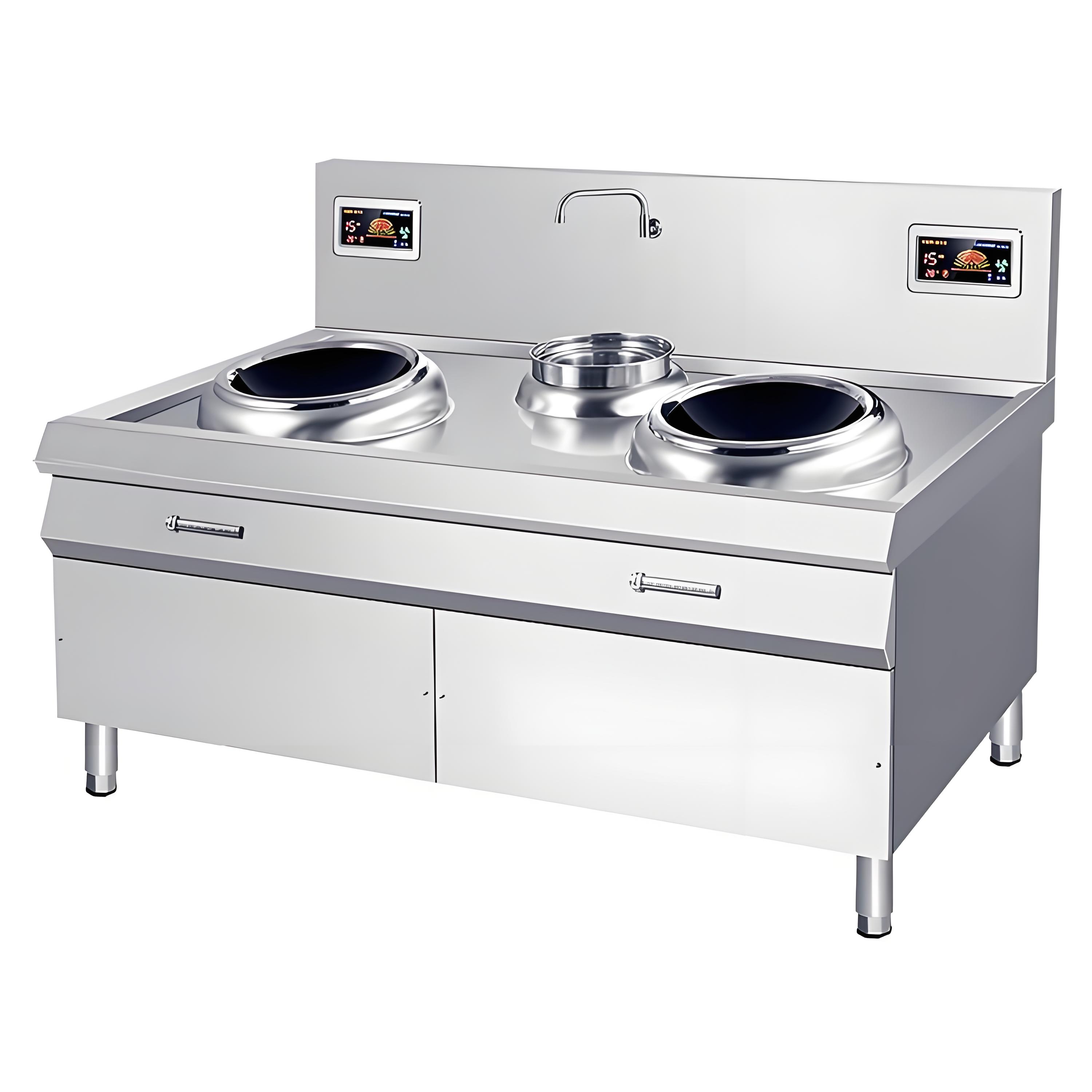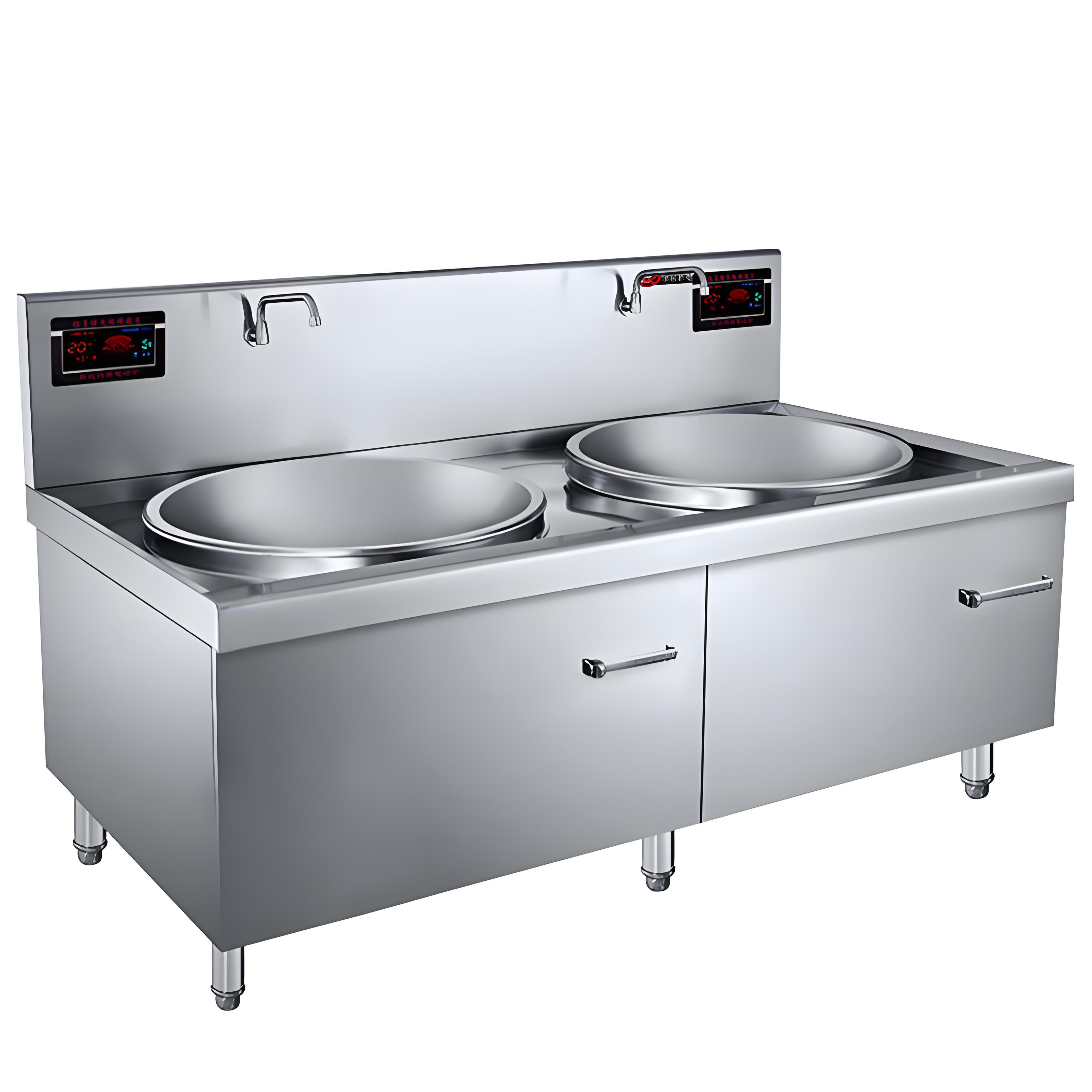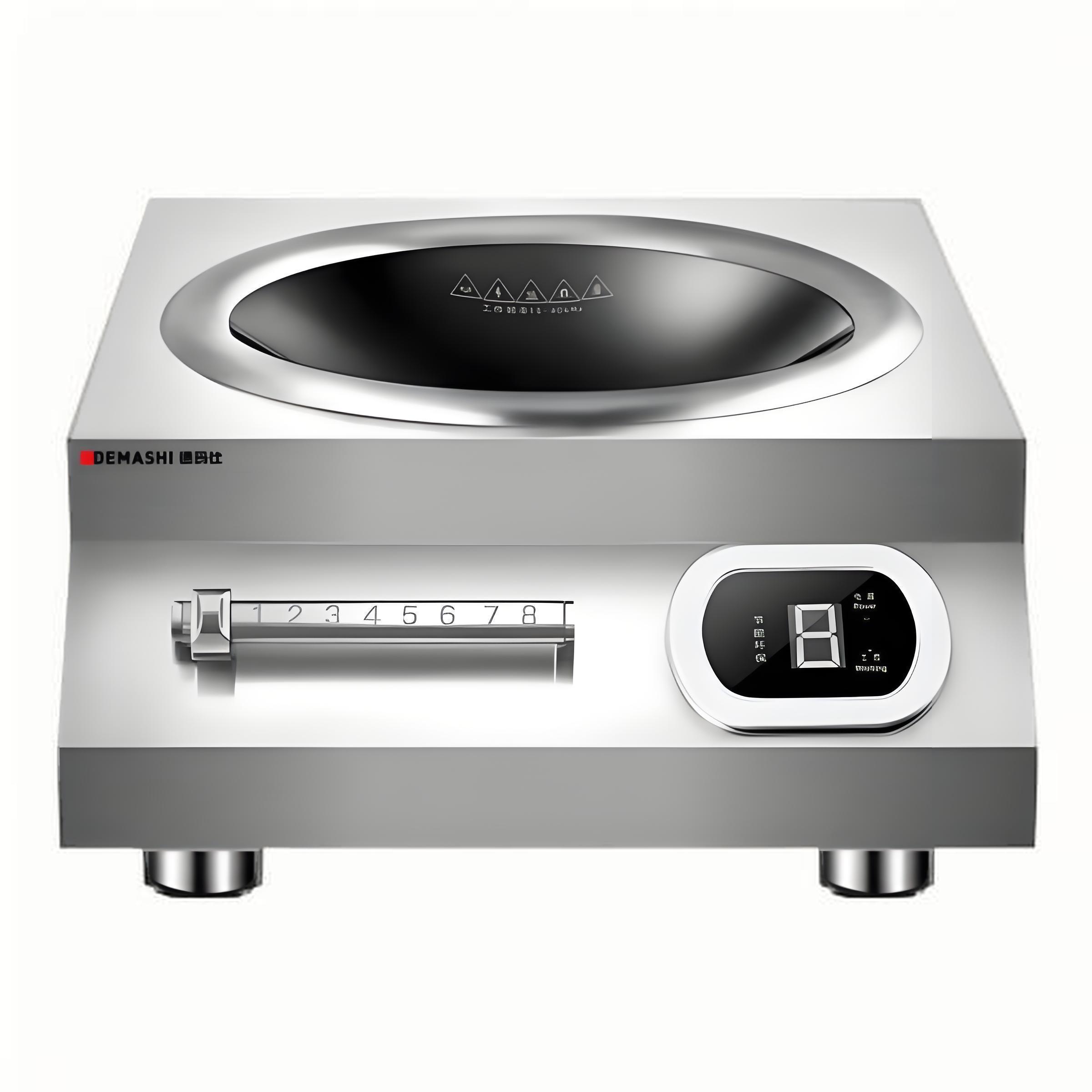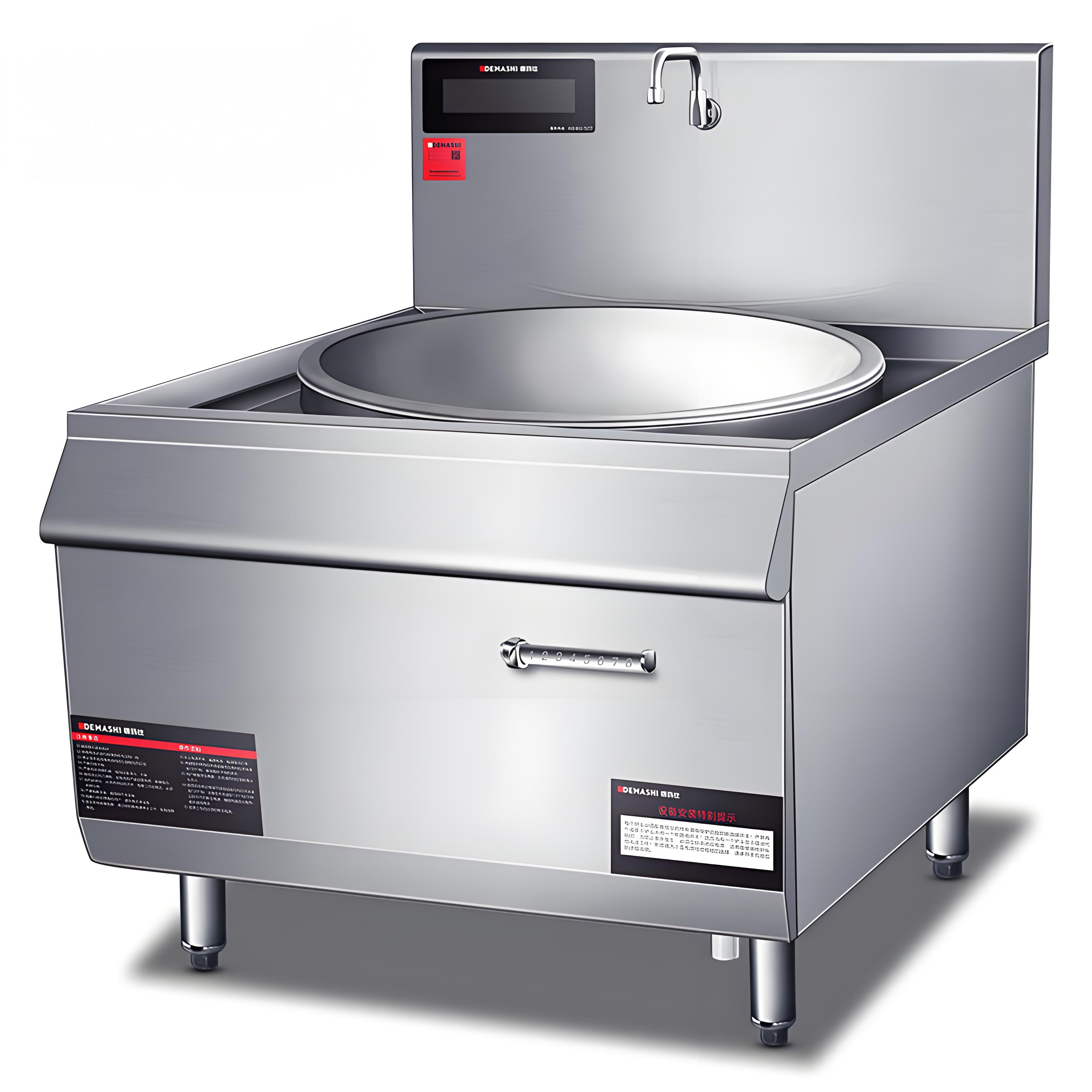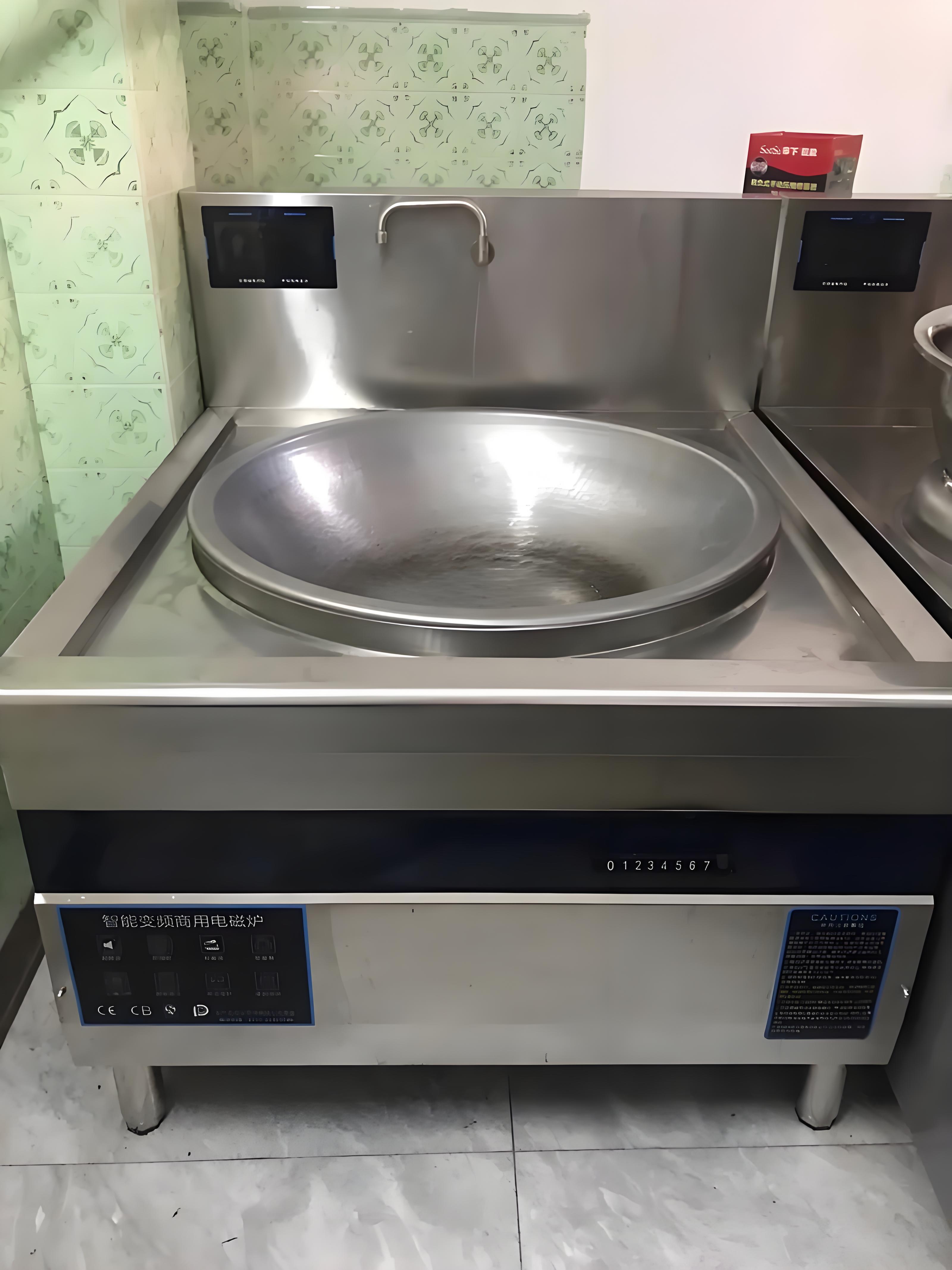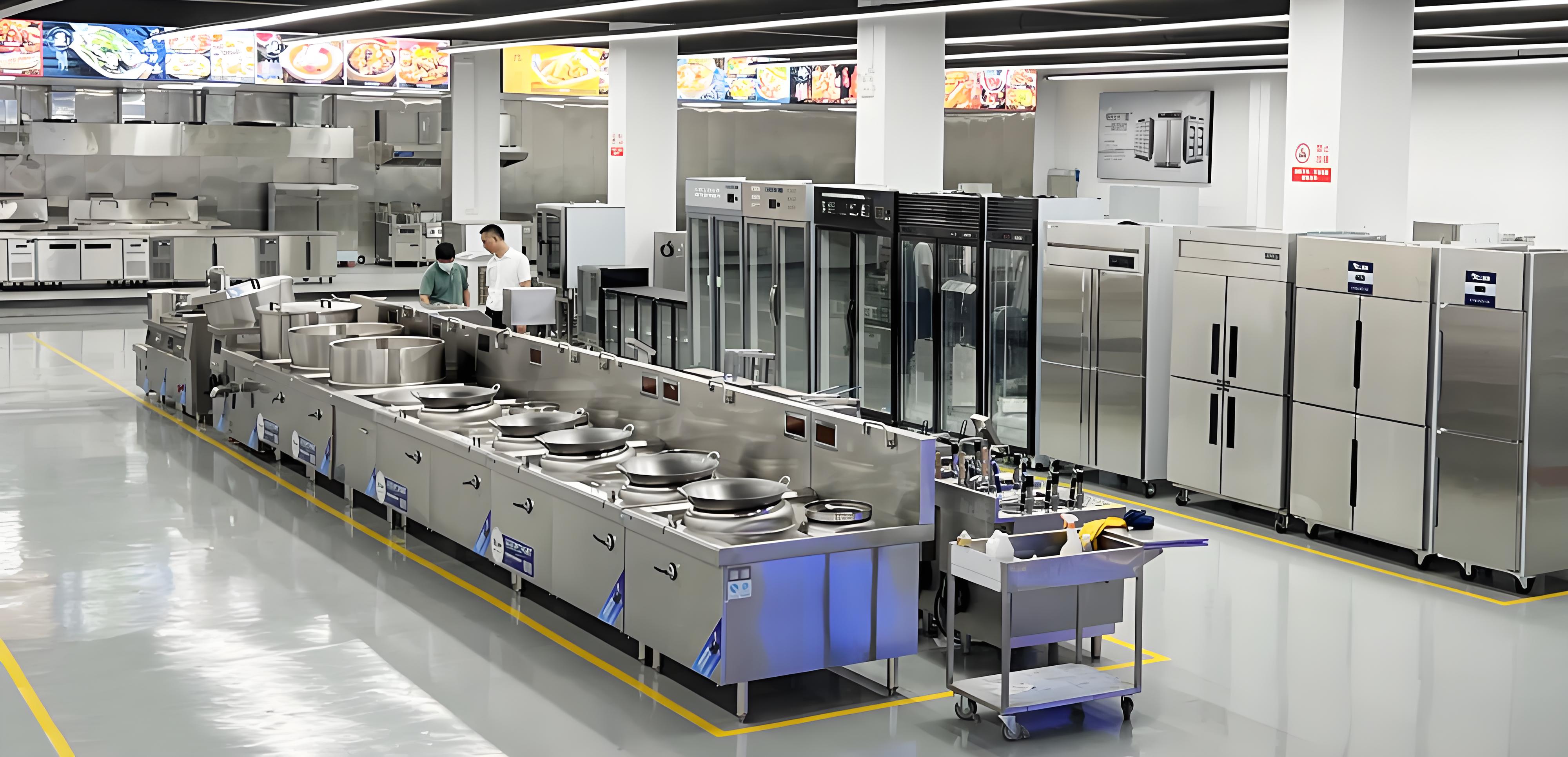As someone who’s been in the food equipment industry for over a decade, supplying gear to restaurants, food trucks, and night market vendors, I’ve seen firsthand how the right tools can make or break a business. Night markets are a vibrant, fast-paced environment where vendors need reliable, efficient, and safe equipment to keep up with the hustle. One question I often get from vendors, especially those just starting out, is: Can commercial induction cookers be used at night market stalls? The short answer is yes, but there’s a lot to unpack here. From power supply challenges to safety concerns and practical tips, I’ll dive deep into this topic, sharing my experience and insights to help you decide if an induction cooker is the right fit for your night market setup.
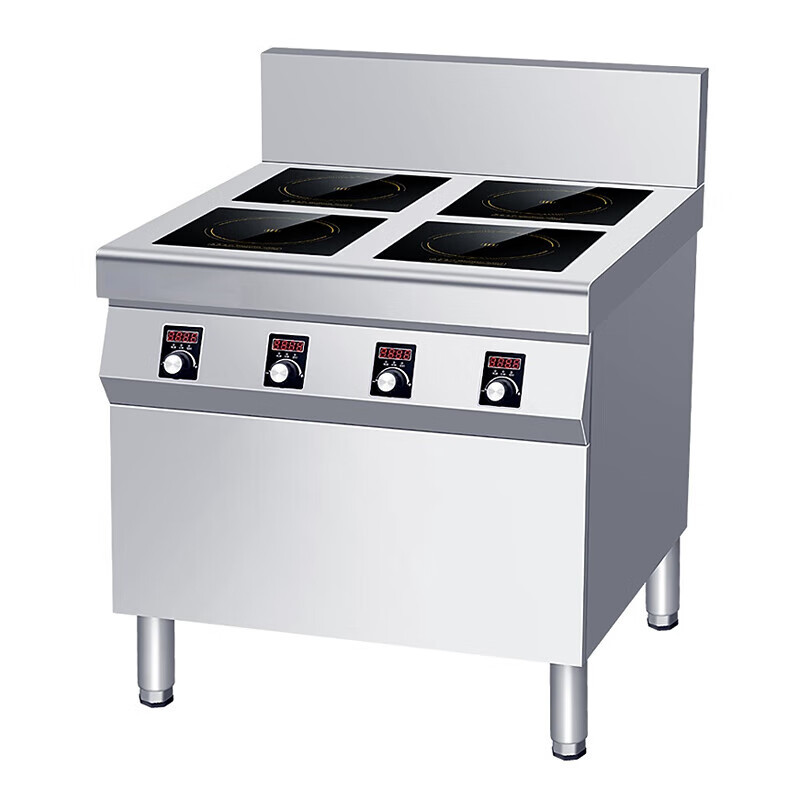
What Are Commercial Induction Cookers?
Before we get into the nitty-gritty, let’s clarify what a commercial induction cooker is. Unlike traditional gas or electric stoves, induction cookers use electromagnetic fields to heat cookware directly, offering precise temperature control and energy efficiency. They’re popular in professional kitchens for their speed, safety, and sleek design. But night market stalls? That’s a different beast altogether—cramped spaces, unpredictable power sources, and a need for quick setup and breakdown.
I’ve worked with vendors who’ve successfully used induction cookers at night markets, but I’ve also seen others struggle due to poor planning. Let’s break down the feasibility, benefits, challenges, and practical considerations of using these cookers in such a dynamic setting.
Why Consider Induction Cookers for Night Market Stalls?
1. Energy Efficiency and Cost Savings
Induction cookers are incredibly efficient because they heat only the cookware, not the surrounding air. In my experience helping vendors optimize their setups, induction cookers can save 20-30% on energy costs compared to gas burners, especially for high-volume cooking. For a night market stall operating on tight margins, this can be a game-changer over time.
2. Safety in Crowded Environments
Night markets are packed with people, and safety is a top priority. Induction cookers don’t have open flames or hot surfaces that stay scalding after use, reducing the risk of burns or fires. I once advised a vendor selling stir-fried noodles to switch to induction after a minor gas leak scare. The result? Safer operations and happier customers who didn’t have to dodge flames in a crowded stall.
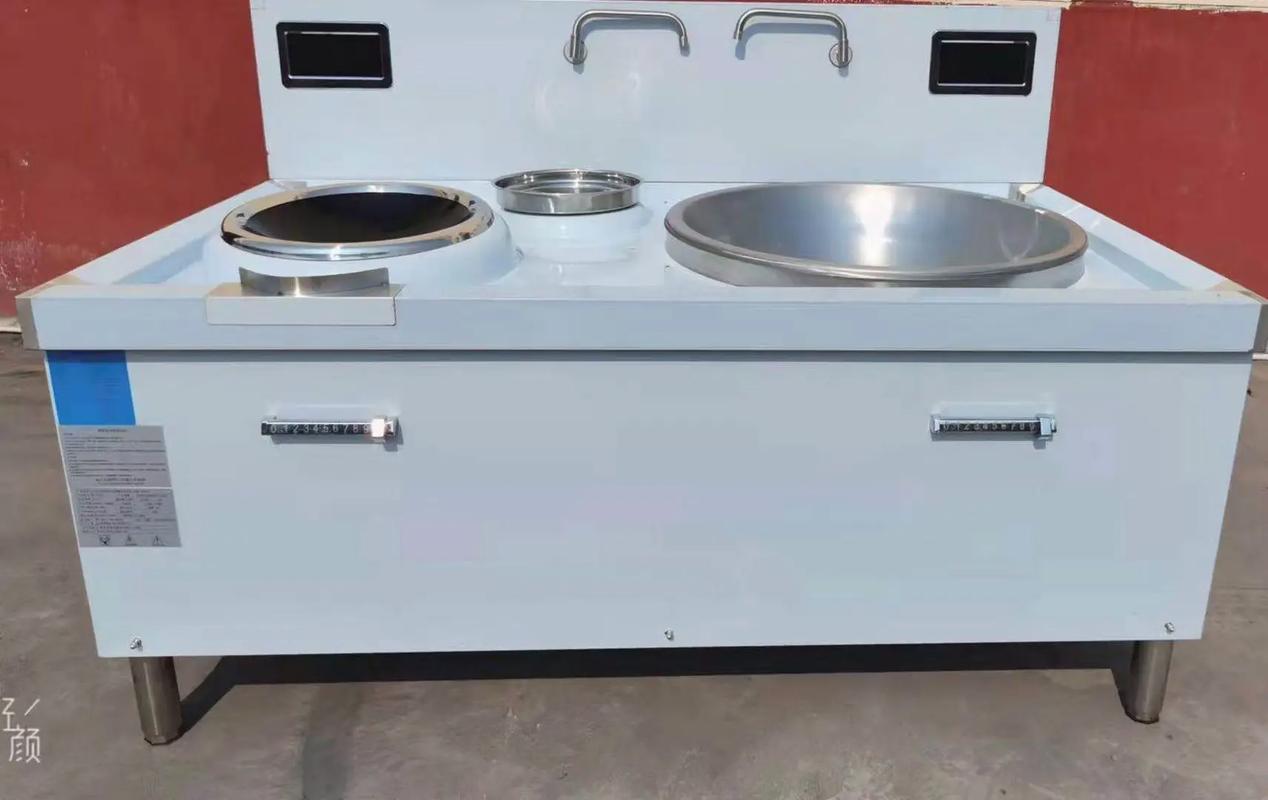
3. Fast and Precise Cooking
Induction cookers heat up instantly and allow for precise temperature adjustments, which is perfect for dishes like stir-fries, crepes, or grilled skewers that dominate night market menus. I’ve seen vendors crank out dishes 20% faster with induction compared to gas, keeping lines moving and customers satisfied.
4. Easy Cleanup and Portability
Night market stalls need equipment that’s easy to clean and move. Induction cookers have flat, smooth surfaces that wipe down in seconds, and many models are compact enough to fit in a small stall. I’ve helped vendors pack up their setups in under 15 minutes, thanks to the portability of single-burner induction units.
Challenges of Using Induction Cookers at Night Markets
While induction cookers sound like a dream, they’re not without their hurdles in a night market setting. Here’s what I’ve learned from years of troubleshooting for vendors.
1. Power Supply Limitations
The biggest challenge is power. Commercial induction cookers typically require 1800-3500 watts, which can strain the limited electricity available at night markets. Many markets provide shared power outlets with low amperage, and running multiple high-wattage devices can trip breakers. I once worked with a vendor who blew a fuse mid-service because his induction cooker and lighting were pulling too much power. The fix? A dedicated generator, but that’s an added cost.
2. Cookware Compatibility
Induction cookers only work with ferromagnetic cookware (like cast iron or stainless steel). If your stall relies on aluminum or copper pans, you’ll need to invest in new cookware. I’ve seen vendors underestimate this, only to realize mid-market that their favorite wok doesn’t work on induction.
3. Initial Cost
Commercial-grade induction cookers aren’t cheap. Entry-level models start at $100-$200, while high-end units can cost $500 or more. For small-scale vendors, this can feel like a steep investment compared to a $50 gas burner. However, I’ve found that the long-term savings on fuel and maintenance often justify the upfront cost.
4. Environmental Factors
Night markets are often outdoors, exposed to heat, humidity, or even rain. While induction cookers are generally durable, they’re sensitive to water damage and extreme temperatures. I’ve advised vendors to use weatherproof covers and ensure proper ventilation to avoid overheating the cooker’s internal components.
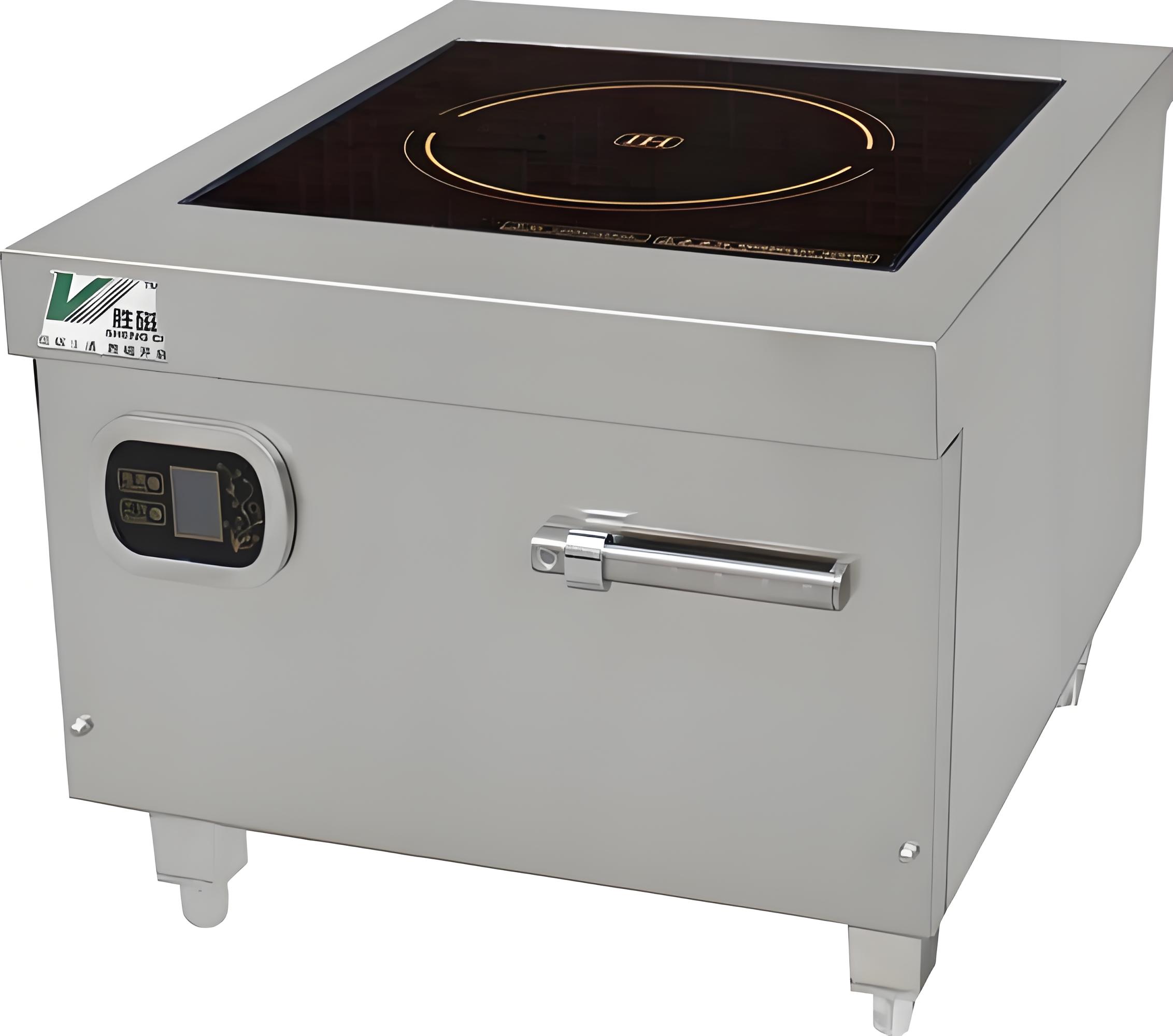
Comparing Induction Cookers to Other Cooking Options
To help you weigh your options, I’ve put together a table comparing induction cookers to other common cooking methods used at night market stalls:
|
Cooking Method |
Pros |
Cons |
Best For |
|---|---|---|---|
|
Induction Cooker |
Energy-efficient, safe, fast, easy to clean |
High power demand, cookware compatibility issues, costly |
High-volume stalls with reliable power |
|
Gas Burner |
Affordable, works with any cookware, no power needed |
Open flame risks, fuel costs, slower heat-up |
Budget-conscious vendors, low-power stalls |
|
Electric Hot Plate |
Cheap, simple to use, works with any cookware |
Slow heating, high energy use, less precise |
Low-budget, low-volume stalls |
|
Charcoal Grill |
Adds smoky flavor, no electricity needed |
Messy, hard to control temperature, health concerns |
Grilled food stalls, outdoor settings |
Is an Induction Cooker Right for Your Night Market Stall?
Deciding whether to use a commercial induction cooker depends on several factors. Here are some questions to ask yourself, based on my years of helping vendors make this choice:
What’s your power situation?
Check with the market organizer about available electricity. If you’re limited to a 10-amp outlet, a high-wattage induction cooker might not be feasible without a generator.
What’s your menu like?
If your dishes require quick, precise cooking (e.g., stir-fries, pancakes), induction is ideal. For slow-cooked items or grilled foods, gas or charcoal might be better.
What’s your budget?
If you can afford the upfront cost and compatible cookware, induction offers long-term savings. If cash is tight, a gas burner might be a safer bet.
How important is safety?
If your stall is in a crowded market with kids running around, induction’s lack of open flames is a big plus.

Practical Tips for Using Induction Cookers at Night Markets
If you’re leaning toward using an induction cooker, here are some tips I’ve gathered from my own trials and errors, as well as feedback from vendors I’ve worked with:
1. Invest in a Reliable Power Source
Check the wattage requirements of your cooker and ensure your power supply can handle it. A portable generator (2000-3000 watts) is a good backup if market power is unreliable. I once helped a vendor set up a 2500-watt generator for his dual-burner induction setup, and it ran flawlessly through a six-hour market.
2. Choose the Right Cookware
Stock up on induction-compatible cookware. Test your pans with a magnet—if it sticks, they’ll work. I recommend cast iron woks or stainless steel pans for durability. A vendor I worked with saved money by buying second-hand induction-ready cookware from restaurant suppliers.
3. Optimize Your Stall Layout
Place the cooker on a stable, heat-resistant surface, and keep it away from water sources. I’ve seen vendors use foldable metal tables with built-in ventilation to keep their induction units cool and safe.
4. Train Your Team
Induction cookers are intuitive, but your staff needs to understand how to adjust settings and handle power issues. I once trained a vendor’s team to monitor the cooker’s temperature settings to avoid overheating during peak hours.
5. Maintain Your Equipment
Clean the cooker’s surface after every market to prevent grease buildup, and check the power cord for wear. I’ve seen units fail because of neglected maintenance, so a quick wipe-down and inspection can save you headaches.
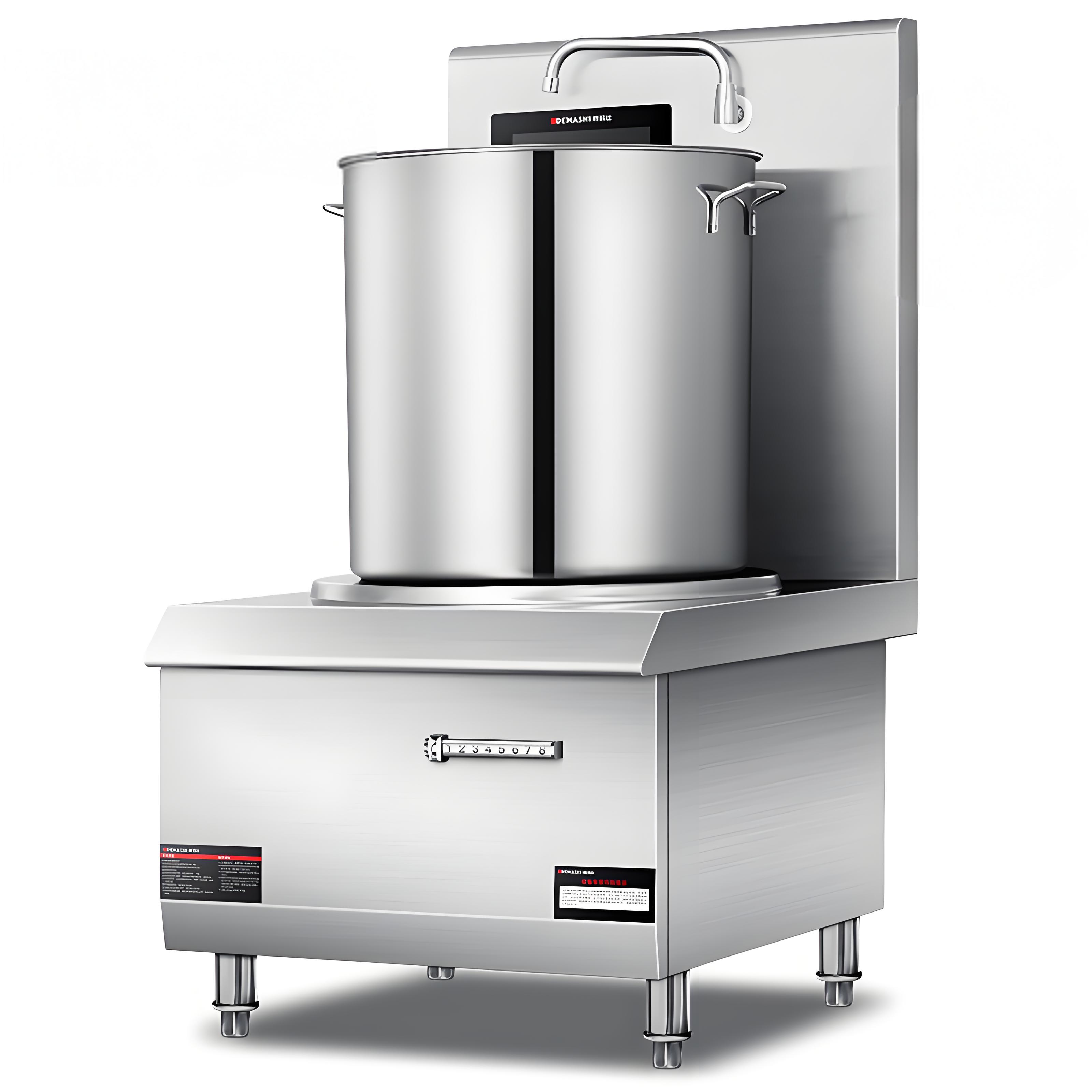
Real-Life Case Study
Let me share a story from my experience. In 2021, I worked with a vendor named Lisa who ran a Thai food stall at a local night market. She was using a gas burner but struggled with inconsistent heat and safety concerns in her tiny 2×3-meter stall. I suggested switching to a 2000-watt commercial induction cooker. We faced two challenges: her existing aluminum woks didn’t work, and the market’s power supply was limited to 15 amps.
We solved this by investing in a stainless steel wok ($80) and renting a 3000-watt generator ($50 per night). The result? Lisa’s cooking time dropped by 25%, allowing her to serve 30% more customers per night. Her stall became safer, and cleanup was a breeze. By the end of the season, her profits were up 40%, and she recouped the cooker’s cost in two months. This case showed me that with the right planning, induction cookers can thrive in night markets.
Alternatives to Induction Cookers
If induction doesn’t feel like the right fit, here are some alternatives I’ve seen work well:
Gas Burners: Affordable and reliable, great for markets with limited electricity. Just ensure proper ventilation and fire safety measures.
Portable Electric Hot Plates: Cheap and simple, but slower and less efficient. Good for low-volume stalls.
Charcoal Grills: Perfect for grilled foods, but messier and harder to control. Ideal for BBQ or skewer stalls.
Boosting Your Stall’s Success with SEO
As a Google SEO enthusiast, I can’t help but tie this back to online visibility. If you’re promoting your night market stall online (e.g., via a website or social media), optimizing for keywords like “night market food stall equipment” or “induction cooker for night market” can drive traffic. Create content about your setup, share videos of your cooking process, and highlight safety features like induction cookers. I’ve helped vendors rank on Google’s first page by posting blog articles about their unique setups, which also builds trust with customers.
Conclusion: A Smart Choice with Careful Planning
So, can commercial induction cookers be used at night market stalls? Absolutely, but success depends on preparation. Their energy efficiency, safety, and speed make them a fantastic choice for busy vendors, especially in crowded markets where safety is paramount. However, you’ll need to address power supply challenges, invest in compatible cookware, and budget for the initial cost. With the right setup, induction cookers can elevate your stall’s efficiency and customer experience.
My advice? Start small with a single-burner unit, test it at a few markets, and scale up once you’re confident in your power and workflow. Night markets are all about hustle and adaptability, and an induction cooker can be a powerful ally if you plan ahead. Here’s to sizzling dishes and happy customers!
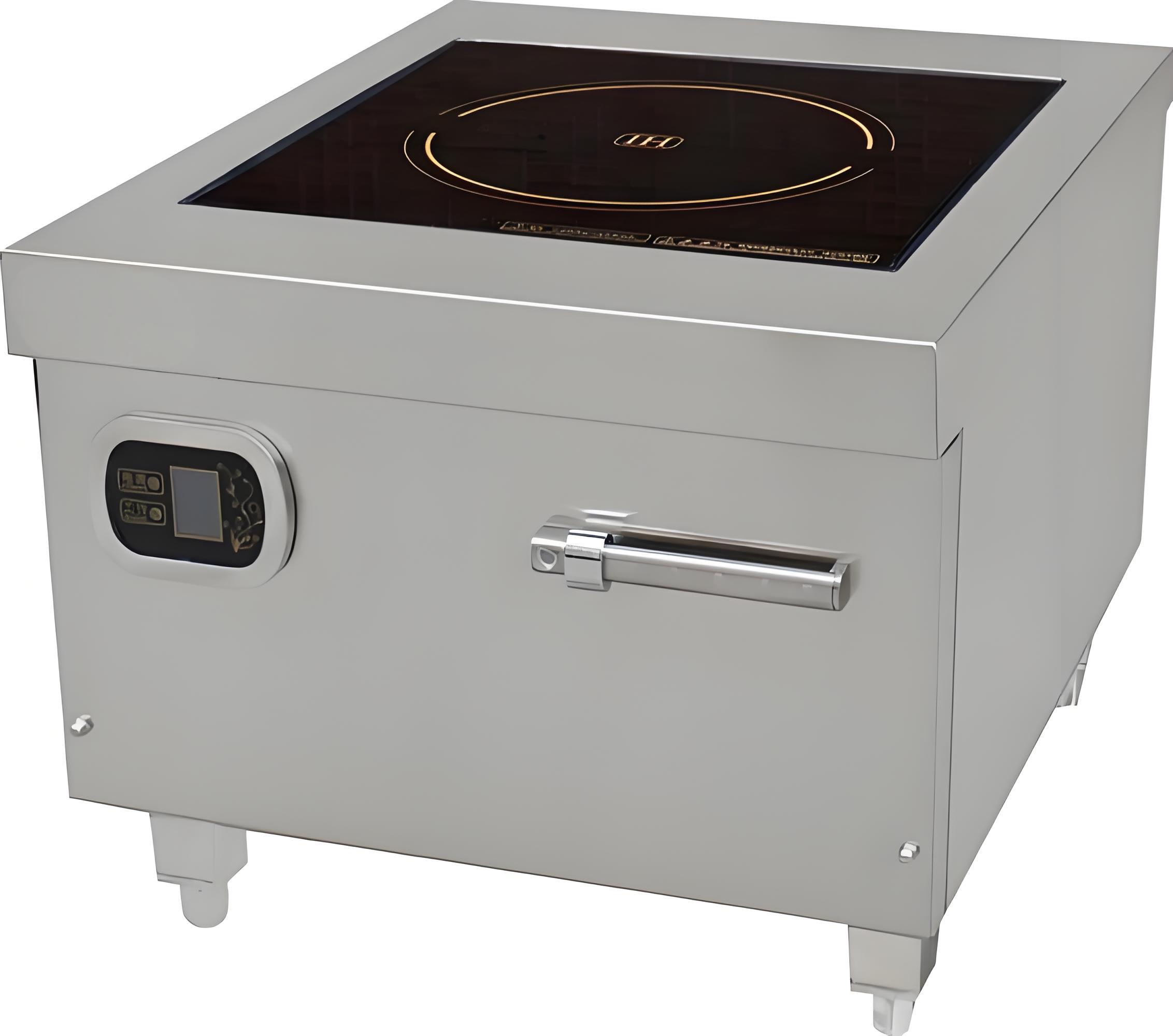
Related Questions and Answers
Q1: How much power does a commercial induction cooker need?
A: Most commercial induction cookers require 1800-3500 watts. Check your market’s power supply and consider a generator if needed.
Q2: Can I use my existing cookware with an induction cooker?
A: Only if it’s ferromagnetic (e.g., cast iron or stainless steel). Test with a magnet—if it sticks, it’s compatible.
Q3: Are induction cookers safe for outdoor night markets?
A: Yes, they’re safer than gas due to no open flames, but protect them from rain and ensure proper ventilation to avoid overheating.
Q4: How do I avoid power issues at night markets?
A: Confirm the market’s power capacity with organizers, use a dedicated generator if needed, and avoid running multiple high-wattage devices simultaneously.
